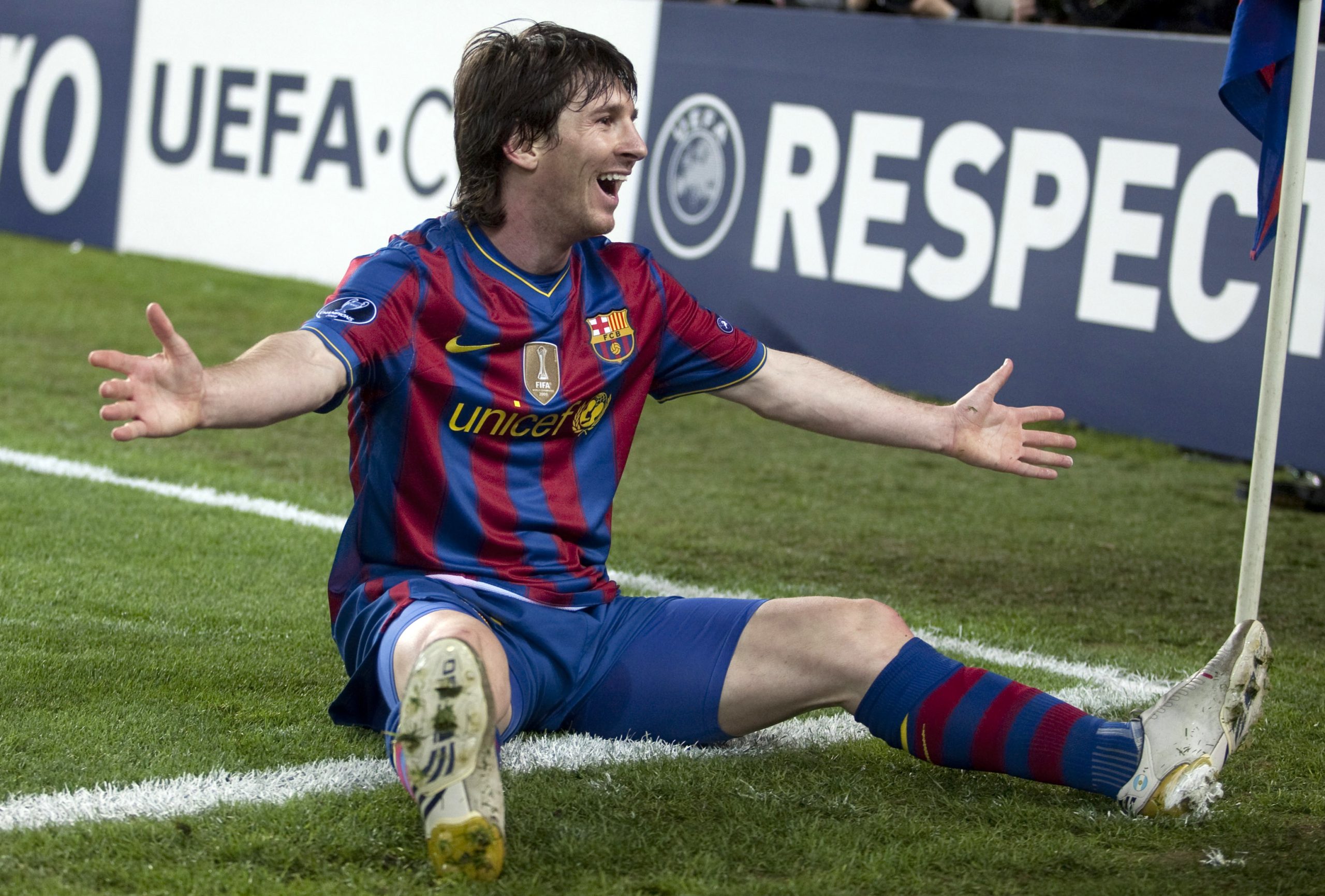Winning the FIFA World Cup is the pinnacle of success in international football, yet for all its rich history, passion for the sport, and high level of domestic football, England has struggled to lift the trophy since its lone victory in 1966. We will explore why England continues to fall short of winning the World Cup, despite periods of strong national teams, a renowned domestic league, and significant investments in youth development. Drawing on various perspectives, we will address key issues such as the weight of expectations, tactical limitations, the disparity in player development, and how the international football landscape has changed.
To begin, it is important to recognize that winning the World Cup is an exceptionally difficult feat. Since the tournament’s inception in 1930, only eight nations have managed to win it. These are Brazil, Germany, Italy, Argentina, Uruguay, France, Spain, and England. “Even Spain didn’t win it until 2010.” For a nation with such a prestigious domestic league and rich footballing culture like Spain, it took nearly 80 years to claim their first World Cup. This fact highlights just how rare and difficult it is to triumph on the global stage, even for football powerhouses.
This perspective reinforces the idea that there is a considerable challenge in winning a month-long, high-stakes tournament where the format is unforgiving. A single slip-up in the knockout stages can send even the strongest teams home. England, like many others, has struggled with this aspect of tournament football.
One of the most frequently cited reasons for England’s failure to win a World Cup is its tendency to underperform at key moments. Let us reference England’s so-called ‘Golden Generation,’ a group of players in the early 2000s that included talents such as David Beckham, Steven Gerrard, Frank Lampard, and Wayne Rooney. Despite the quality of these players, England consistently failed to progress beyond the quarter-finals of major tournaments.
It can be said that England’s golden generation hated each other due to their clubs competing for titles. The intense rivalries between the top English clubs at the time—particularly Manchester United, Chelsea, Liverpool, and Arsenal—reportedly spilled over into the national team. Players were less cohesive as a unit and more focused on their club allegiances, leading to a lack of harmony on the field. Brazil, on the other hand, managed to navigate similar club rivalries to win multiple World Cups. Thus, the issue seems to stem from a lack of unity within the England team during this era.
Adding to this England suffered from the tactical limitations of English football during the 2000s: “For decades, [England] favoured 4-4-2 formations with long balls.” English football at the time was often considered less tactically sophisticated than that of nations like Spain, Italy, or Brazil. The Premier League, while fast-paced and physically demanding, was not known for its tactical nuance. This lack of tactical adaptability on the international stage has historically hampered England’s ability to compete with more technically skilled and tactically flexible teams.
Another critical factor is the weight of expectation placed on the England team, both by fans and the media. The phrase “It’s coming home” has become synonymous with English football culture, but it also signifies the unrealistic expectations that some fans and pundits place on the national team.
“With England, I don’t think their fanbase and the media helps either given how much hype is constantly built around every single one of their teams in a major tournament.” The pressure to deliver results, especially in a nation that hasn’t won the World Cup in nearly six decades, can be overwhelming. When England reached the final of the UEFA European Championship in 2021, the excitement and media coverage were at fever pitch. England ultimately lost to Italy on penalties, and the aftermath saw some of the players who missed penalties, particularly Marcus Rashford, Jadon Sancho, and Bukayo Saka, become the targets of racial abuse and widespread criticism.
“there seem to be unrealistic expectations from the British media and fans.” The intense scrutiny and pressure can lead to players becoming nervous or losing their composure in critical moments, as seen in several high-profile penalty shootout failures over the years.
While the media may inflate expectations, there is a widespread understanding among many fans that England is not guaranteed to win tournaments, even when they have strong teams.
England’s domestic league, the Premier League, is often touted as the best in the world due to its financial power, global reach, and competitiveness. However, the very nature of the Premier League may be hindering England’s chances of winning the World Cup.
England will never have that [chemistry] considering all their players are spread across the top teams in the Premier League, and there are so many foreign players.” Unlike Spain in 2010 or Germany in 2014, whose squads were heavily built around players from a single dominant club (Barcelona for Spain and Bayern Munich for Germany), England’s players come from a variety of clubs. This lack of cohesion, compared to nations where many players are familiar with each other from club football, may limit England’s ability to build the same kind of team chemistry that has proven so successful for other countries.
“There is a reason the Premier League has so many non-English players in the top teams, where European teams generally have more of their own nationality throughout their own top teams.” The Premier League is a cosmopolitan league, with many of its top players coming from abroad. While this elevates the standard of the league and provides English players with the opportunity to compete against the best, it also means that fewer English players are starring in the most critical roles at top clubs. In contrast, leagues like Spain’s La Liga or Italy’s Serie A have traditionally featured more domestic talent in key positions, fostering greater development of their national teams.
While England has struggled tactically in the past, the situation has improved significantly in recent years. The influx of world-class foreign managers into the Premier League, such as Pep Guardiola, Jürgen Klopp, and Antonio Conte, has raised the tactical acumen of English players. “The PL has been the ‘biggest’ league in terms of investment for a while, but it takes a while for that to filter through to new generations of players.”
The current England squad, under the leadership of Gareth Southgate, has adopted a more modern and tactically flexible approach. Southgate has emphasized building a strong team spirit, which has been crucial in creating a more unified and cohesive team compared to the disjointed squads of the past. “There’s been a real push to develop what’s known as ‘club England’ in recent years… Players mix well together, they enjoy being with England and they all pull in the same direction.”
This evolution has already borne fruit, as England has reached the semi-finals of the 2018 World Cup, the finals of Euro 2020, and the quarter-finals of the 2022 World Cup. However, there is still a need for England to develop “big game players” who can make the difference in the crucial moments of tight knockout games.
Another reason why England has struggled to win the World Cup is simply the level of competition. “Other countries are good too. There are lots of fantastic countries who don’t win anything.” Even with a strong squad, England faces fierce competition from footballing powerhouses like Brazil, Germany, France, and Argentina.
The 2010s, for instance, saw Spain dominate international football, winning two European Championships and a World Cup in quick succession. This success was built around a golden generation of players who had already developed chemistry playing together for Barcelona, one of the greatest club sides in football history. Similarly, Germany’s World Cup triumph in 2014 was underpinned by a core group of Bayern Munich players who were familiar with each other’s style of play.
“Spain also dominated during one of the biggest low points of international football where most other top nations were going through transitional stages with their squad building.” The success of any national team is often as much about timing as it is about talent. Spain took advantage of a period when many of their traditional rivals, such as Brazil and Germany, were rebuilding, while their golden generation was at its peak.
In conclusion, England’s struggles to win the World Cup can be attributed to a combination of factors. The immense difficulty of the tournament itself, the tactical limitations of past teams, the lack of cohesion among players from rival clubs, and the overwhelming expectations placed on the team by fans and the media all contribute to the ongoing challenge.
That said, England’s football landscape is evolving. The current squad, under Gareth Southgate, has already come closer to major international success than any team in recent memory, and the tactical intelligence of English players continues to improve thanks to the Premier League’s global appeal. Although England’s journey to winning a second World Cup may still be fraught with difficulties, there are promising signs that the future could hold greater success for the Three Lions.






